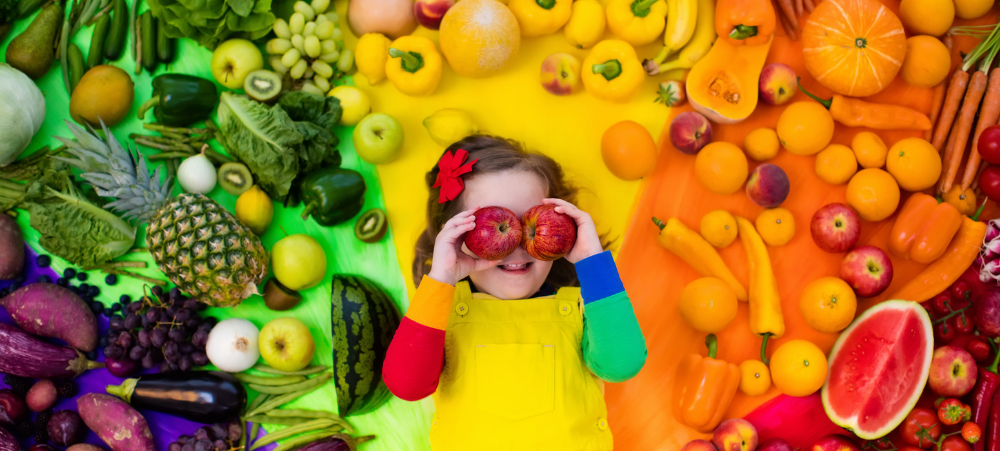We are all aware that “we are what we eat”, however our knowledge is usually limited to the fact that the wrong foods could cause heart attacks, obesity and compromise our immune systems but the idea that they can also affect our minds, even our behaviour is less known. However Patrick Holford in his book “Food is better medicine than drugs” says: “…children and adults with ADHD often have one or more nutritional imbalances that, once identified and corrected, can dramatically improve their energy, focus, concentration and behaviour” and “The combination of the right vitamins, minerals and essential fats can truly transform children with learning and behavioural difficulties.”
He quotes the following four nutritional solutions that have been well proven to make a difference:
- Sugar-free and low GL diets
- Essential fats especially Omega-3s
- Vitamins and minerals
- Allergy-free and additive-free diets
Go sugar-free
There are a number of possible causes of ADHD but the most common is blood sugar problems. Sugar is rocket fuel to an ADHD child so you can expect him to get out of control. Dietary studies consistently reveal that hyperactive children tend to eat more sugar than other children and while going from sugary drinks to sugary snacks throughout the day, some of these kids consume 50 teaspoons of sugar in a day. Yes, for proper brain function he does need a constant supply of glucose to his brain but this is best achieved by controlling insulin levels. Do this by ensuring your child has protein and carbohydrate at every meal and snack, e.g. fruit and nuts or rice and fish. Eliminate sugars and refined carbohydrates such as white bread and white rice from his diet and replace with complex carbohydrates such as brown rice, rolled oats, lentils and barley. Also replace fizzy drinks and fruit juices with clean water.
Essential Fats
Children diagnosed with ADHD often show symptoms of essential fatty acid deficiency, such as excessive thirst, dry skin, eczema and asthma. Omega-3s are found in oily fish such as sardines, salmon and mackerel but most ADHD children will also need to take fish oil capsules daily, containing at least 200 mg EPA and 100 mg DHA. Flax, sunflower and pumpkin seeds are good sources of omega 6 and 9 and should be added to food or used as snacks every day. Pumpkin seeds are also high in magnesium which is calming. Use only olive oil in cooking and salads.
Vitamins and Minerals
It is well documented that academic performance improves and behavioural problems diminish significantly when children are given nutritional supplements. A whole green food supplement, such as the dried juice of barley grass, would be best here since it is easily digested and contains enzymes, vitamins and minerals that work together synergistically. Nature knows best! ADHD sufferers are commonly deficient in two minerals in particular, namely magnesium and zinc.
Identify food sensitivities
One study showed that ADHD children turned out to be seven times more likely to have food allergies than other children, the most common being dairy products and wheat. A very high percentage of ADHD children react to food colourants and flavourings, MSG, dairy, chocolate or oranges. Other problematic foods are corn, yeasts, soya, peanuts and eggs. If your ADHD child also exhibits some of the following symptoms of nasal problems and excessive mucus, ear infections, facial swelling, tonsillitis, digestive problems, bad breath, bedwetting, then a food allergy test is worth doing. Otherwise avoid all processed foods and treat your child to natural, wholesome food that you have prepared yourself!
A treatable disorder
Though it may take trial and error to find out what works for your child, it is well worth the effort. Effective treatment will allow individuals to realize their abilities and intelligence, making huge differences in their self-esteem and capacity to function in the world.
- Enhance Your Child’s Potential - April 6, 2022
- Childhood Allergies - May 24, 2017
- Do Sunscreens Really Prevent Skin Cancers? - October 22, 2014





